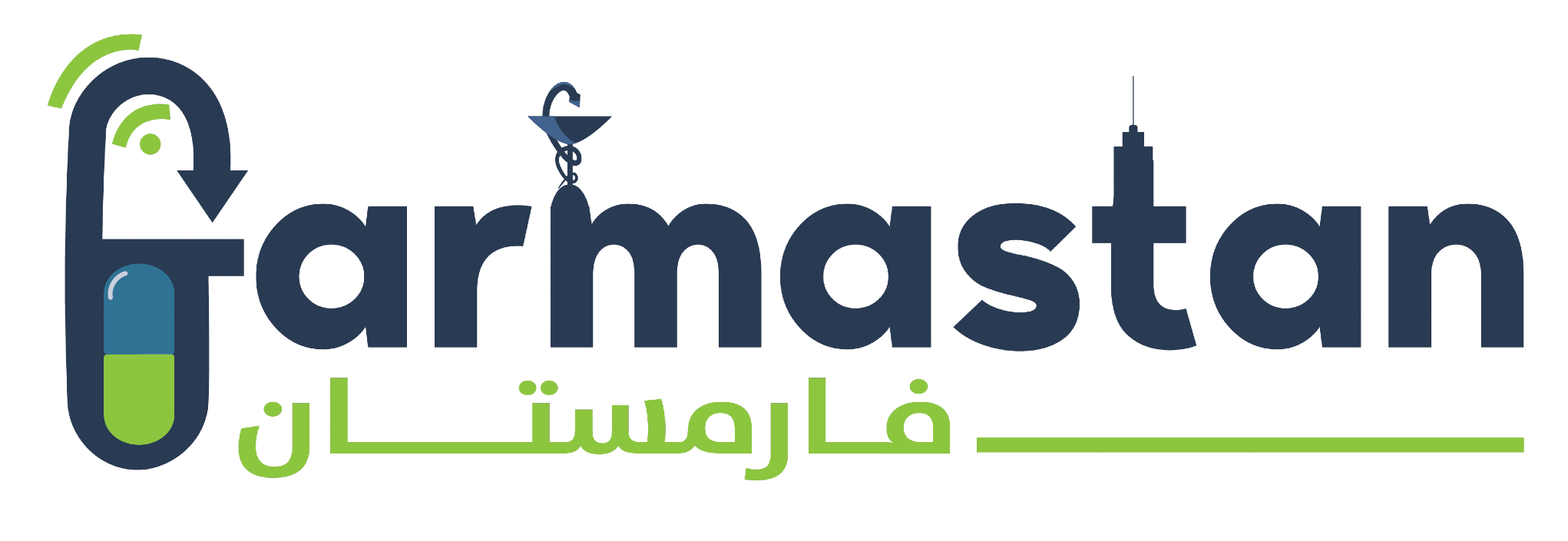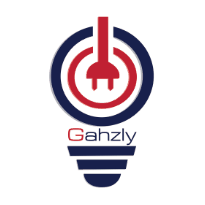My Review of Johann Hari’s Book, Chasing the Scream
[ad_1]
The opposite of addiction is not sobriety-it is connection
~Johann Hari~
I discovered the existence of this book several days after a certain president announced his opinion that drug dealers should be executed. He would have felt a kinship with Harry Anslinger, the chief architect and champion of the war on drugs which took root in the 1930’s. His opinion was that illegal drugs were evil and so were people who sold and used them. Both sets of people and drugs themselves became his targets for eradication.
Hari writes extensively about Anslinger and the army he headed as well as about Billie Holliday the renowned jazz singer who died of a heroin overdose and Arnold Rothstein, an early drugpin. During the course of the book, Hari also gives thorough coverage to drug users, drug dealers, police, people who work with drug users, and researchers. He also documents research findings, and alternatives to a war on drugs.
Hari admits that it was difficult for him to let go of the traditional wisdom regarding the evils of drugs and of those who use them. He also struggled with the idea that drug eradication is the only effective way to approach the problem. I must admit that it was initially also difficult for me as a reader to imagine viewing drugs in any but the traditional manner.
The author documents the burdens to society imposed by the war on drugs making the problem for society much worse than it was when drugs were legal. He points out clearly how little we learned from alcohol prohibition. Crime increased significantly with the advent of prohibition and decreased with the end of prohibition. Yet we saw the best way to deal with the problem of illegal drugs as following the same path we took with alcohol. Although the subtitle of Hari’s book is “The first and last days of the war on drugs,” it does not appear to me that the last days are in clear sight.
Yet research and social experiments suggest that there are rational alternatives. Research with animals and later with people discovered that addiction is not primarily due to the nature of the substances ingested. A much greater contribution to addiction is lack of a sense of worth, lack of social connection and the feeling of not being useful to society. As Gabor Maté puts it, “The core of addiction doesn’t lie in what you swallow or inject-it’s the pain you feel in your head.” Hari also brings in the effects of institutional racism leading to greater drug use by people of color.
The author also details the success of programs in countries such as Switzerland and Portugal and efforts in the states of Colorado and Washington to bring about legalization of drugs in various ways. Such approaches often involve supervised use of drugs paired with counseling to help users improve their sense of self, start to feel human again and find a way to contribute to society.
The book is presented in a narrative manner leaving you with a sense of knowing the individuals on all sides of this problem. It might be difficult for you to change your thinking about drugs, drug use and users after the extremely long tradition of seeing this as a problem to be eradicated. Approaching it this way has led to a drain on society socially as well as economically. I would suggest you give this book a try. You can always go back to your old way of thinking if you choose but if you have any humanitarian leanings, I have a feeling you will learn to think differently about this problem.
[ad_2]

يسعدنا زيارتكم صفحاتنا على مواقع التواصل الاجتماعي حيث نقوم بنشر عروض حصرية على موقعنا الالكتروني.
صفحتنا علي الفيسبوك هنا.
حسابنا على تويتر هنا


Leave a Reply
You must be logged in to post a comment.